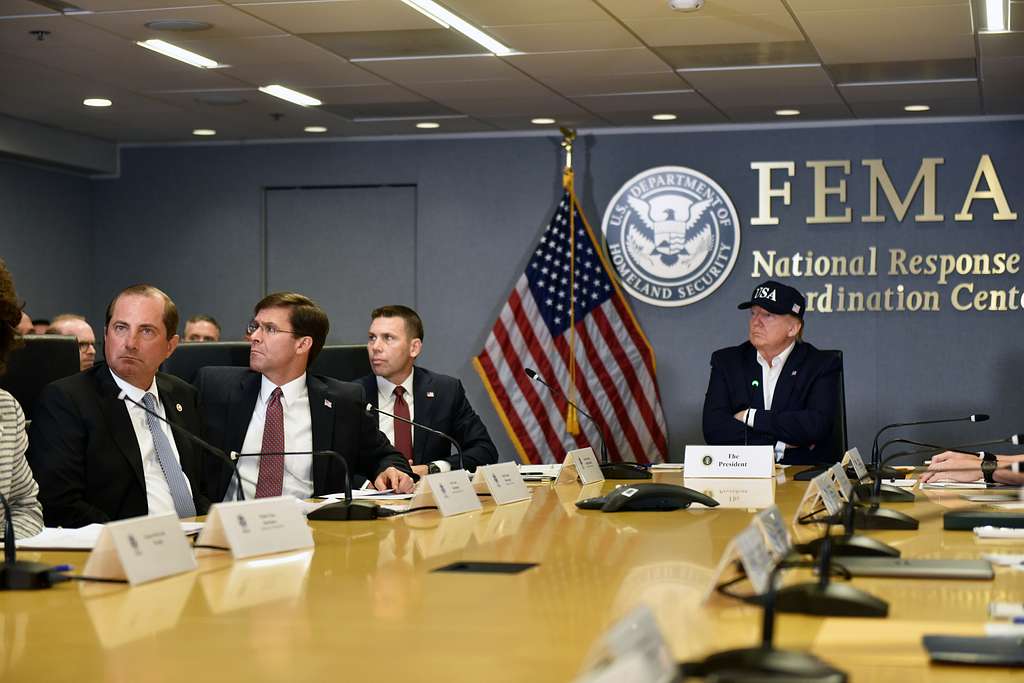
Justin Cassera is a student at Harvard Law School.
In today’s news and commentary, President Trump’s proposed budget aims to eliminate the Legal Services Corporation, Colgate settles a class action lawsuit, and local governments prepare for hurricane season following FEMA cuts.
The Trump administration recently released a budget appendix which requests $21 million for an “orderly closeout” of the Legal Services Corporation (LSC). The proposed elimination of the independent agency threatens the funding of 130 non-profit legal aid programs, the representation of approximately 6.4 million low-income people, and the employment of staff at legal aid organizations, a group that unionizes at higher rates than the rest of the legal industry. President Trump attempted to eliminate the LSC in 2018, but failed after meeting bipartisan resistance. Defenders of the LSC say the proposed elimination is not cost-justified, citing over fifty studies in the last 25 years that show a positive return on investment.
On Thursday, Colgate-Palmolive Co. and a class of 1,100 retirees agreed to settle a nine-year-old lawsuit regarding pension benefit calculations. The case was originally filed in 2016 by two former employees who alleged that the company was underpaying residual annuities to certain retirees. In 2020, a federal judge ruled in favor of the retirees and ordered Colgate to recalculate the annuity payments, but stayed the proceedings pending appeal. Following several trips to the US Court of Appeals for the Second Circuit, the parties have finally reached agreement and expect court approval by August 15. The parties did not share details of the agreement.
State and local governments are bracing for hurricane season following staff cuts at the Federal Emergency Management Agency (FEMA). Since President Trump’s inauguration, an already undermanned FEMA has seen several months of additional firings, grant freezes, and canceled initiatives. The agency has been led by “a rotating cast of interim chiefs” who have attempted to shift preparation and response costs to states and localities. Alan Harris, Emergency Manager for Seminole County, Florida said, “We are planning that FEMA is not coming. We pray that FEMA is. But our contingency plan is that they aren’t.” “It is a disaster waiting to happen,” said Robert Verchick, a climate change legal expert at Loyola University in New Orleans. The Atlantic hurricane season began on June 1 and is expected to be more active than usual this year.






Daily News & Commentary
Start your day with our roundup of the latest labor developments. See all
December 22
Worker-friendly legislation enacted in New York; UW Professor wins free speech case; Trucking company ordered to pay $23 million to Teamsters.
December 21
Argentine unions march against labor law reform; WNBA players vote to authorize a strike; and the NLRB prepares to clear its backlog.
December 19
Labor law professors file an amici curiae and the NLRB regains quorum.
December 18
New Jersey adopts disparate impact rules; Teamsters oppose railroad merger; court pauses more shutdown layoffs.
December 17
The TSA suspends a labor union representing 47,000 officers for a second time; the Trump administration seeks to recruit over 1,000 artificial intelligence experts to the federal workforce; and the New York Times reports on the tumultuous changes that U.S. labor relations has seen over the past year.
December 16
Second Circuit affirms dismissal of former collegiate athletes’ antitrust suit; UPS will invest $120 million in truck-unloading robots; Sharon Block argues there are reasons for optimism about labor’s future.